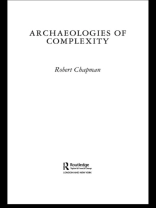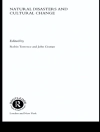An up-to-date and critical analysis of how archaeologists study past societies, Archaeologies of Complexity addresses the nature of contemporary archaeology and the study of social change, and debates the transition from perceived simple, egalitarian societies to the complex power structures and divisions of our modern world.
Since the eighteenth century, archaeologists have examined complexity in terms of successive types of societies, from early bands, tribes and chiefdoms to states; through stages of social evolution, including “savagery“, “barbarism“ and “civilisation“, to the present state of complexity and inequality.
Presenting a radical, alternative view of ancient state societies, the book explains the often ambiguous terms of “complexity“, “hierarchy“ and inequality“ and provides a critical account of the Anglo-American research of the last forty years which has heavily influenced the subject.












